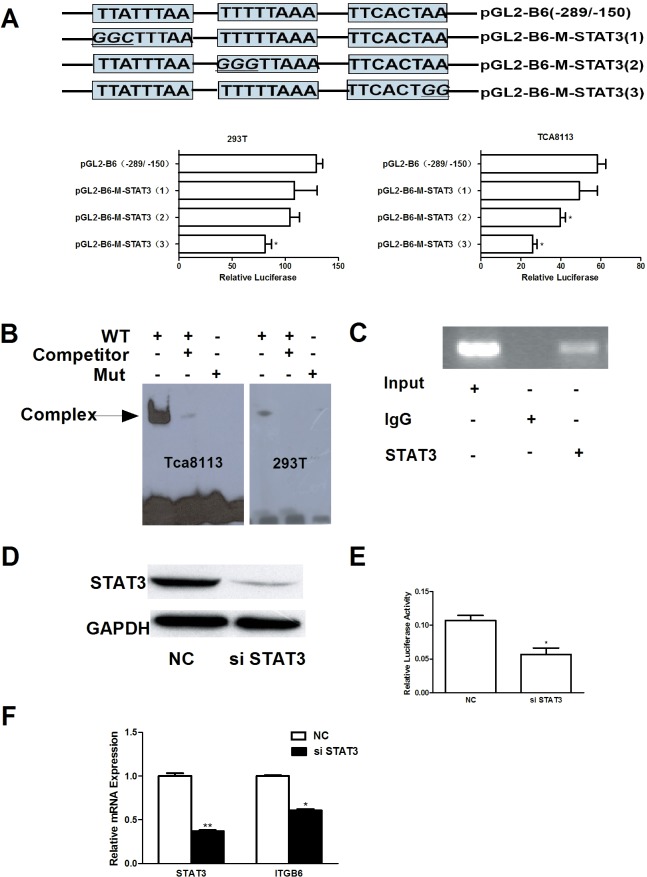Fig 4. Involvement of STAT3 in the transcriptional regulation of ITGB6.
(A) Luciferase activity expressed by TCA8113 and 293T cells after transfection with the potential STAT3-binding site-directed mutants pGL2-B6-M-STAT3(1), pGL2-B6-M-STAT3(2), pGL2-B6-M-STAT3(3) and WT construct pGL2-B6(-289/-150) for 48 hr. * p < 0.05 vs. WT. (B) EMSA was performed to assay the nuclear extract protein from TCA8113 and 293T cells that binds oligonucleotides containing the third potential STAT3-binding site. (C) ChIP assay was performed using anti-STAT3 antibody or IgG as a control in TCA8113 cells. Input and immunoprecipitated DNAs were amplified by PCR using primer pairs covering the potential STAT3-binding sites from −289 to −150. (D) TCA8113 cells were transfected with NC or STAT3 siRNA for 48 hr, and STAT3 protein production was detected by immunoblot analysis. * p < 0.05 vs. NC siRNA. (E) Relative luciferase activity was detected after NC or STAT3 siRNA and dual luciferase reporter plasmids were co-transfected into TCA8113 cells for 48 hr. (F) SAS cells were transfected with NC or STAT3 siRNA for 48 hr. STAT3 and ITGB6 mRNA expression were detected by RT-qPCR. * p < 0.05, *** p < 0.001 vs. NC siRNA.

